Following a pledge to be the first beer on Mars, Budweiser has deployed its third experiment in the name of microgravity beer research.
The company selected barley, one of its core ingredients, to be the focus of its experiments in space. A payload of barley seeds departed for the International Space Station (ISS) on Wednesday as part of SpaceX’s 16th Mission to the Space Station.
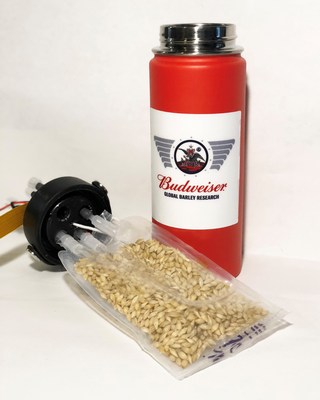
With this phase of the experiment, researchers plan to examine strains of barley seeds as they go through malting, which is the process of converting barley or other cereal grains into malt for use in brewing. The research team will observe the grain during steeping (rapid hydration), germination, and kilning (drying) associated with malting.
“Barley is an important grain used in a large variety of products, from bread to beer,” NASA’s website states. “By exposing barley to a space environment, morphological and genetic alterations may arise, broadening the knowledge of the grain and improving its use for terrestrial applications.”
Results from this research could help Budweiser develop new malt barley varieties that are more tolerant to extreme stress environments and could also provide valuable insight for the general agricultural community.
“Budweiser is always pushing the boundaries of innovation and we are inspired by the collective American Dream to get to Mars,” said Ricardo Marques, vice president, Budweiser. “We are excited to begin our research to brew beer for the red planet.”
However, in the past the company has also acknowledged that many challenges lie ahead in their quest to create beer on Mars. For example, the company wrote about a lack of access to water in a social media post.
“Water is limited on Mars. Since Budweiser is comprised of 90 percent water, this would make brewing it much more difficult,” Budweiser posted to Twitter. The brand also noted the difficulty caused by the change in atmosphere.
“Mars’ atmospheric pressure is about 100 times less than Earth’s meaning bubbles in carbonated drinks don’t rise, and gasses and liquids don’t like to separate, turning the beer into a foamy slop when removed from its packaging.”
In the company’s previous two experiments, the research team exposed barley seeds to microgravity and germinated different strains of barley onboard the space station.
The seeds were kept in self-contained Space Tango laboratories around the size of a shoe box. One of the mini laboratories exposed the barley seeds to microgravity to see how they react. The second laboratory focused on the barley germination period to determine whether the barley grows at the same rate in space as it does on earth.
This isn’t the first time a brewery has experimented with space beer. In 2014, Oregon’s Ninkasi Brewing Company sent a rocket carrying vials of brewer’s yeast into space. That yeast was brought back to earth and successfully turned into an Imperial Stout called Ground Control.

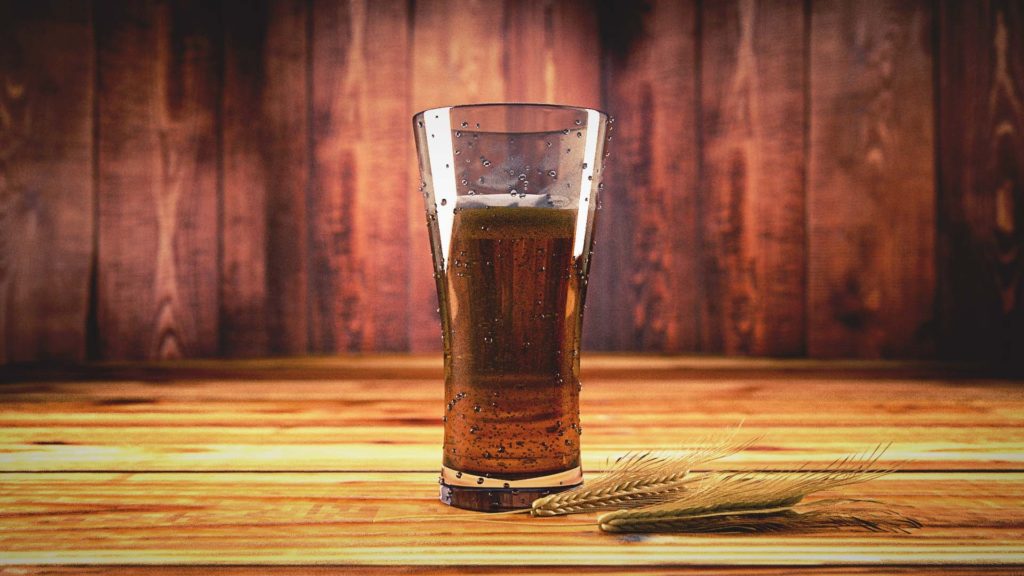

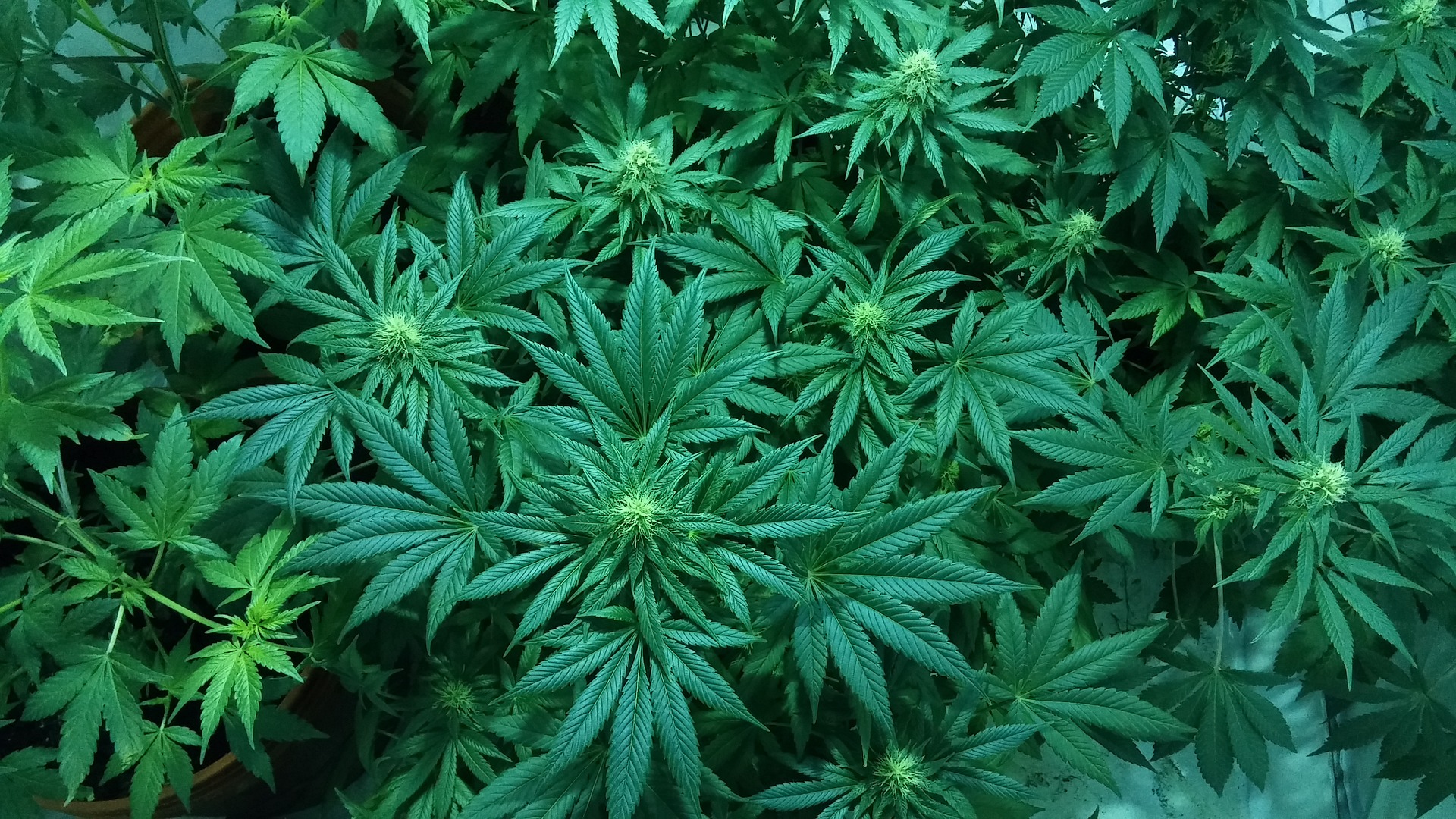
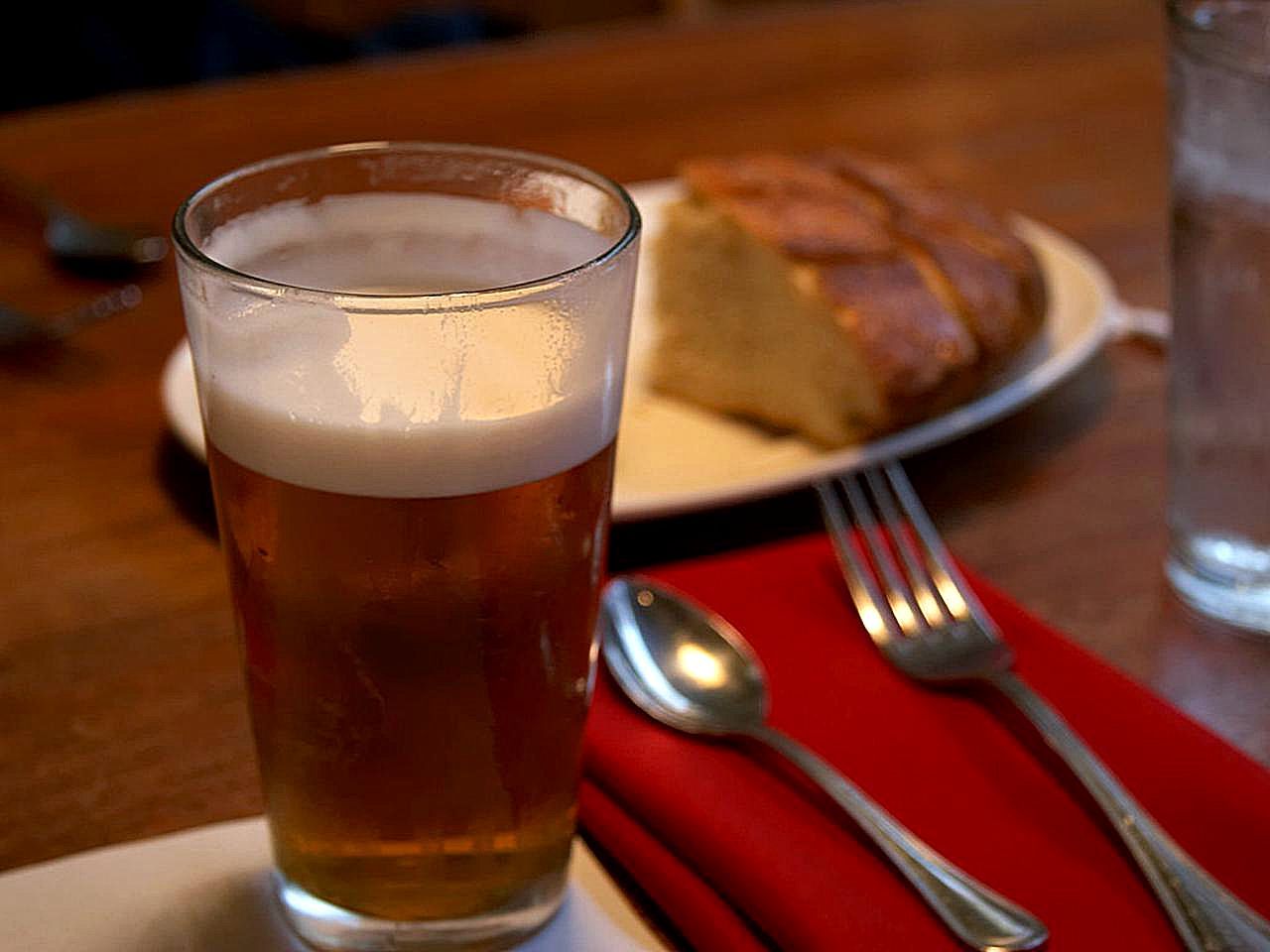

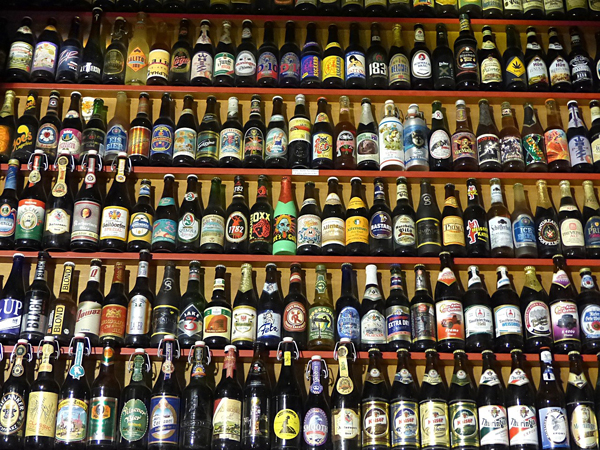





Join or login to leave a comment
JOIN LOGIN